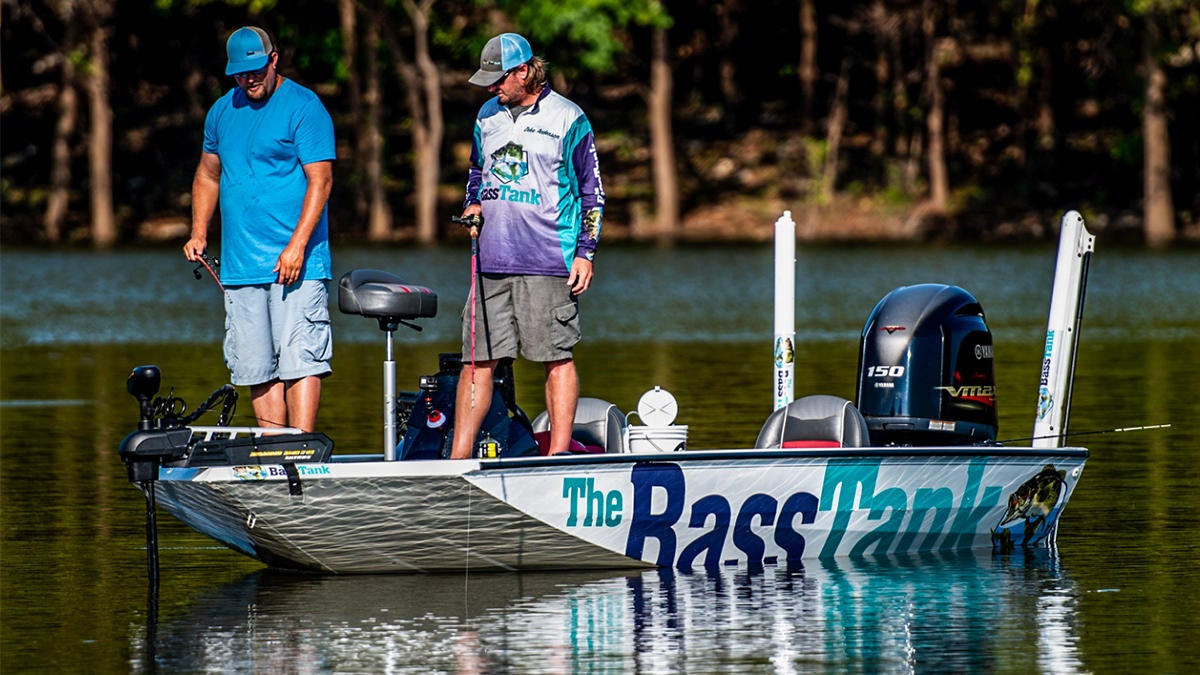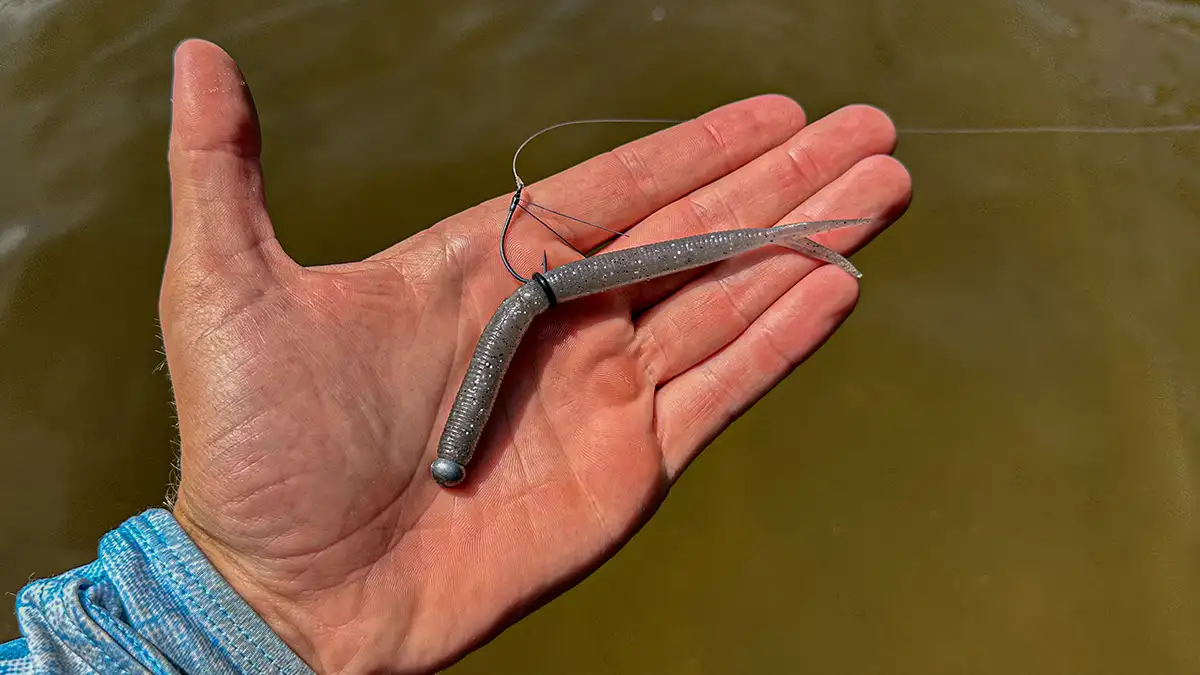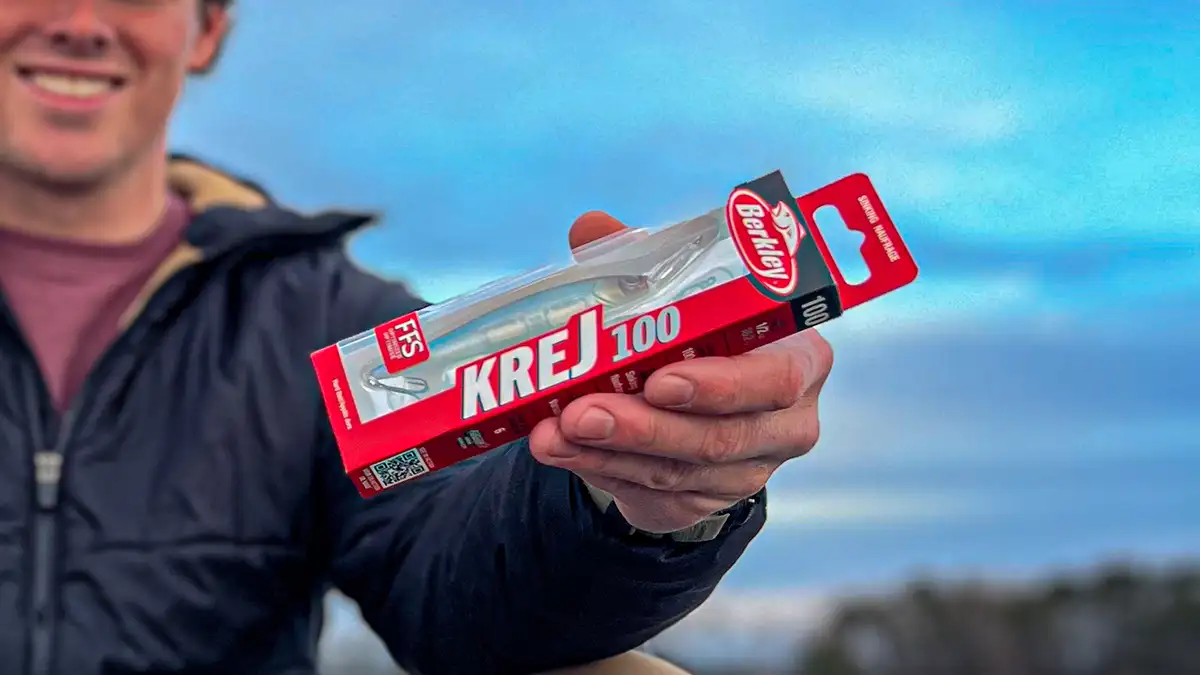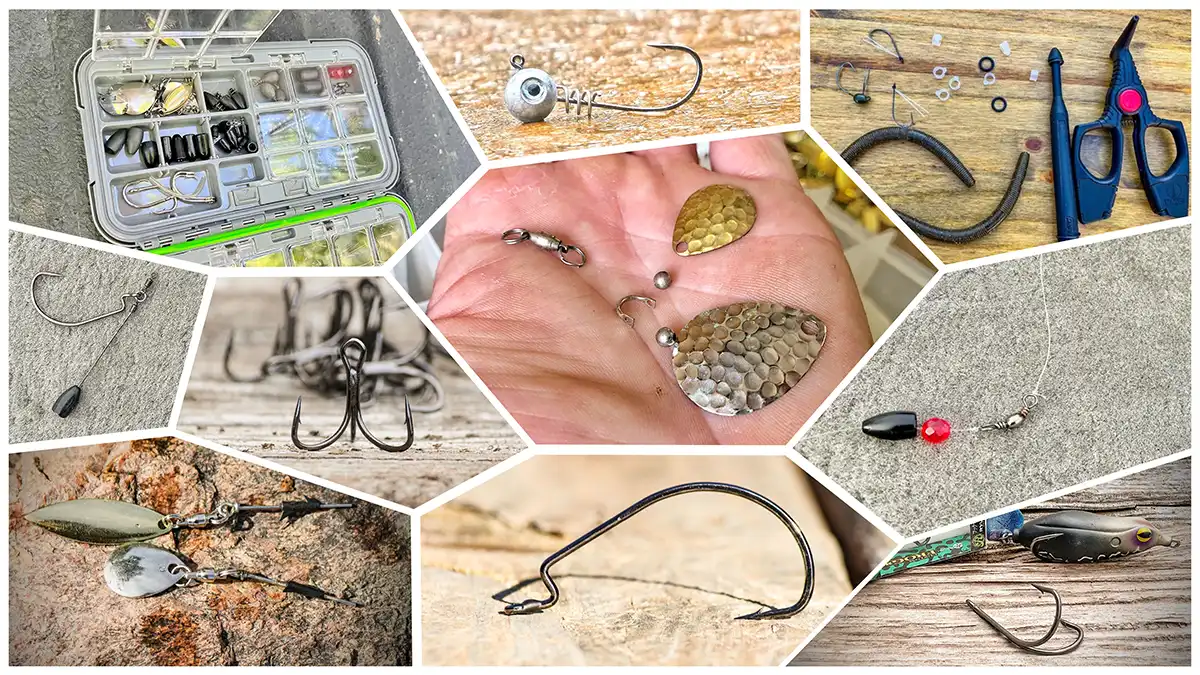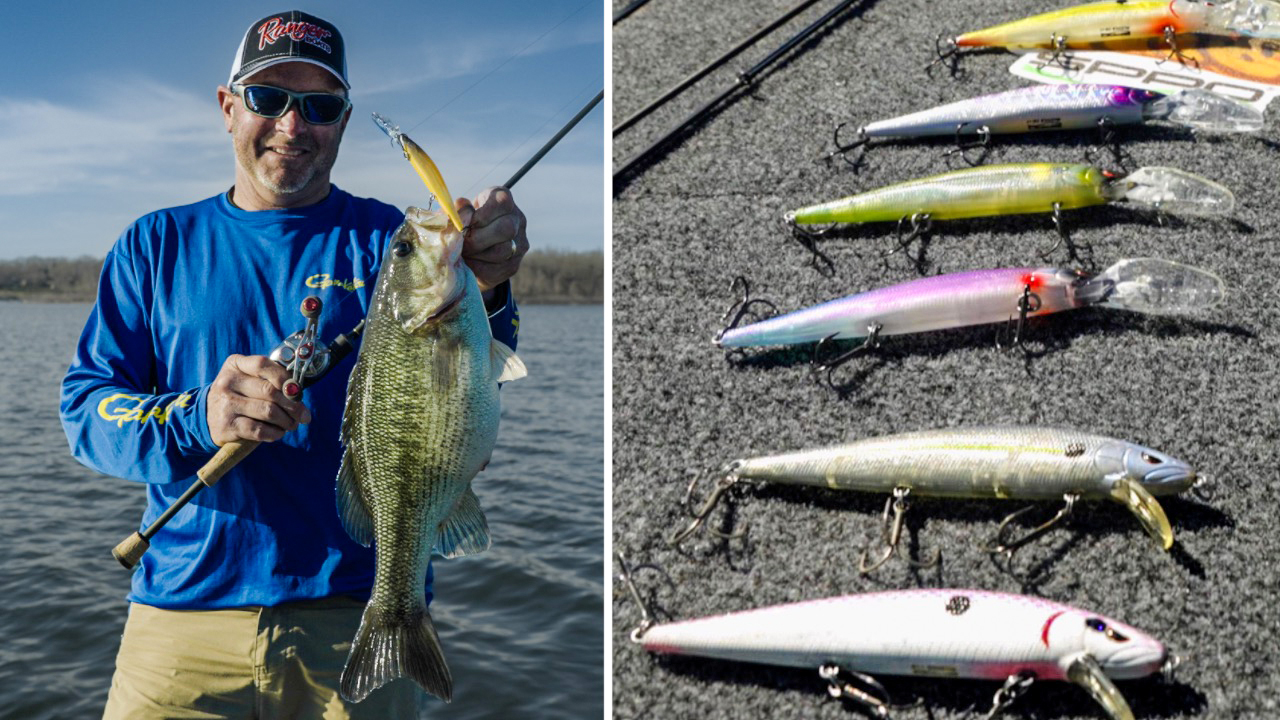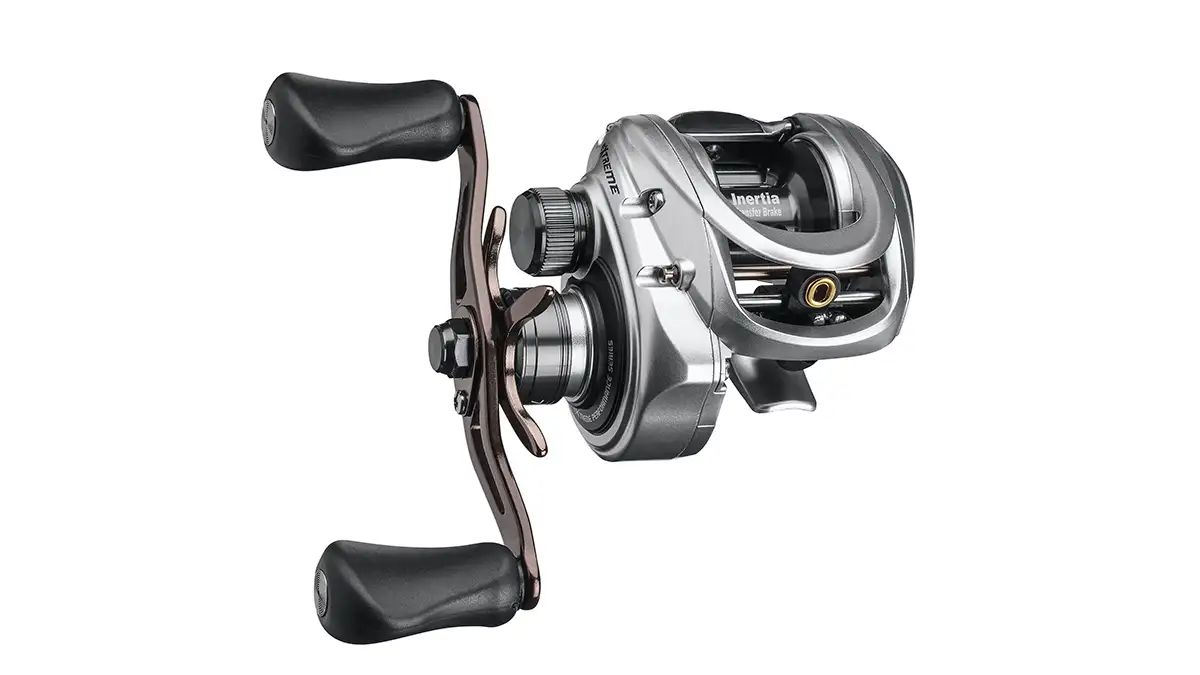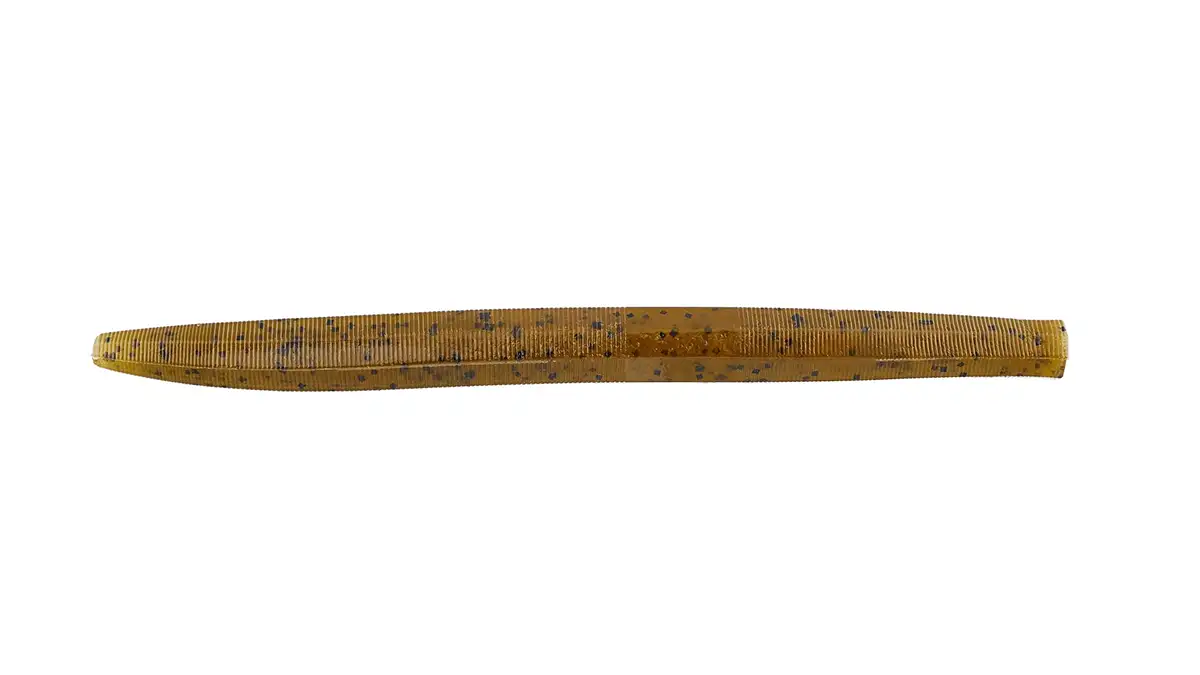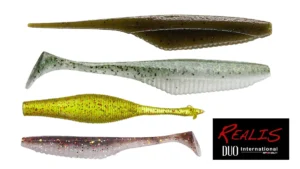Over the years in sports and fishing coverage, I have literally interviewed thousands of people. I’m not sure if that’s due to my age or my ability to interview; I’d probably guess the former.
I get pretty excited for some interviews but others can be pretty tough, to be honest. A lot of folks don’t enjoy being interviewed which can make my job a bit harder than normal. The one that has excited me the most recently, however, has been my conversation with The Bass Tank co-owner and Systems Engineer, Scott Palmer; also known as the Madd Scientist.
It was a fun interview because Palmer’s expertise is in my wheelhouse of accessorizing and rigging and also because he’s a genuinely good dude and has the schooling and background to know his stuff. He is a Systems Engineer by trade and is not only involved with the daily operation at The Bass Tank but is also involved with most of the R&D they do there.
We spoke for about two hours but I honestly could have listened to him for two days. In this particular piece, he unloads some outstanding information for boat owners that will not only help their fishing success but also their budget.
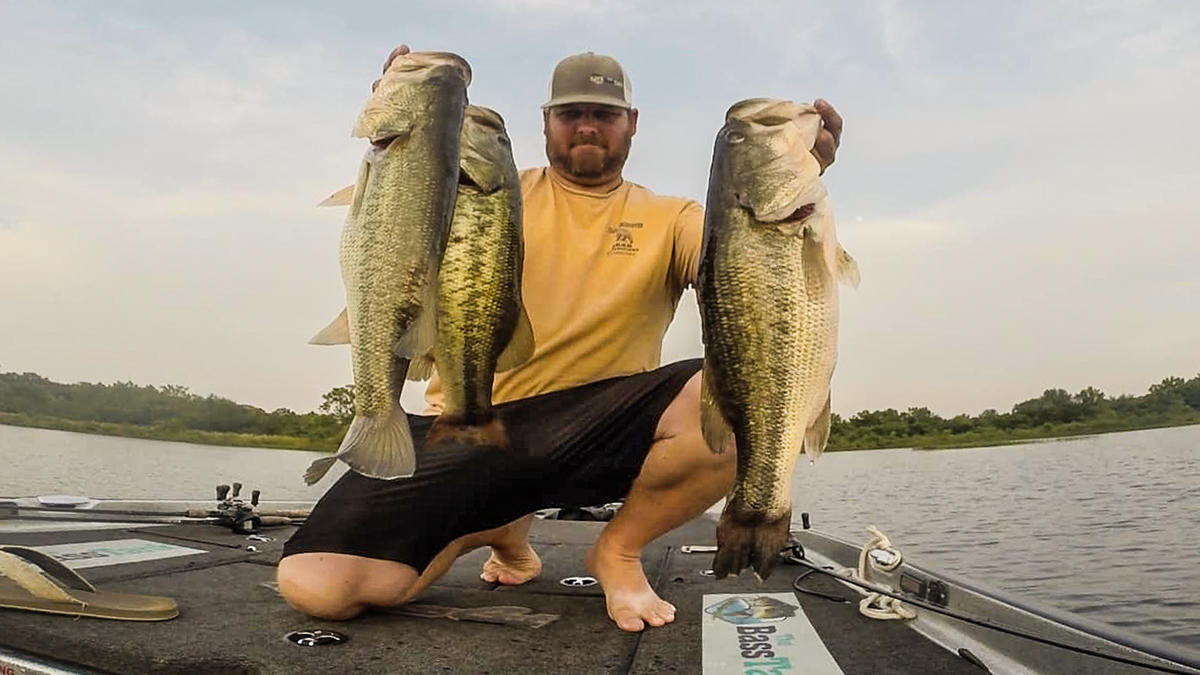
How important is “clean” power in today’s new electronics and what is the optimum set up? What are the good enough, better and best options for power considerations?
Palmer: Clean power is essential now more than ever mainly due to the sophistication of today’s electronics. They really are computers and the transducer sensitivity has never been better. That means clean power without noise or outside interference has never been more critical for the best and clearest images.
Running power in “home runs”, meaning from the unit to the power source, is mandatory. It can be difficult in some older boats but the new installation kits and wiring harnesses make most jobs a snap. Splitting or breaks in the wire due to ancillary connections to more than one device can cause EMF (Electromagnetic Field) problems and noise. Basically, the pictures will never be as clear as those with wiring from the unit directly to the power source.
Also, some installers will coil excess wire and that is a very bad idea as it serves as an antenna. Figure 8 wraps are a much better option and separation of the electronics and trolling motor power is a must, too. We are talking DC power in boats and that is made for short-haul power movement which makes it very important to not have too many connections or breaks in the wire. Breaks and longer runs with breaks in the wire can cause significant voltage loss and that is not good.
Ten gauge wire is best. Many installers believe in soldering connections and without starting controversy here, I truly believe exceptional-quality crimps are better. At The Bass Tank, our goal is a perfect installation without exception and we don’t cut any corners.
Something else to consider that we also see often is troubleshooting another installer’s work. When an issue occurs we always do our best to look at the obvious things first. That may seem simple but it can sometimes be the last things folks look for. Connections are one of the areas we often see with problems so never do a sloppy job with them. Hydraulic crimpers are inexpensive and worth their weight in gold. We have what I call the “Tub of Shame” of poor connections. Remember, never crimp over the insulation. It can cause an uneven connection and problems down the road too. We are dealing with water here so it can cause issues and get into areas by direct flooding from rain or even condensation from a damp day. Eliminating those variables in the beginning may seem like a little thing but they are huge.
Good crimps with shrink tubing on all connections is mandatory. It may take a little more time but remember our goal is “perfect” installations. The cost of these units makes it mandatory to get the best performance from them to us so we go the extra mile to make sure everything is correct. Using the best wiring like our install kit and making sound connections will be huge to picture quality and we want our customers to have the best picture possible no matter brand. That is job one.
Most of our business is in the freshwater side of things but many anglers may fish salt or brackish water too, so it has to be perfect for both climates and possible corrosion possibilities so buying a shielded wire without nicks and good connections is a great start.
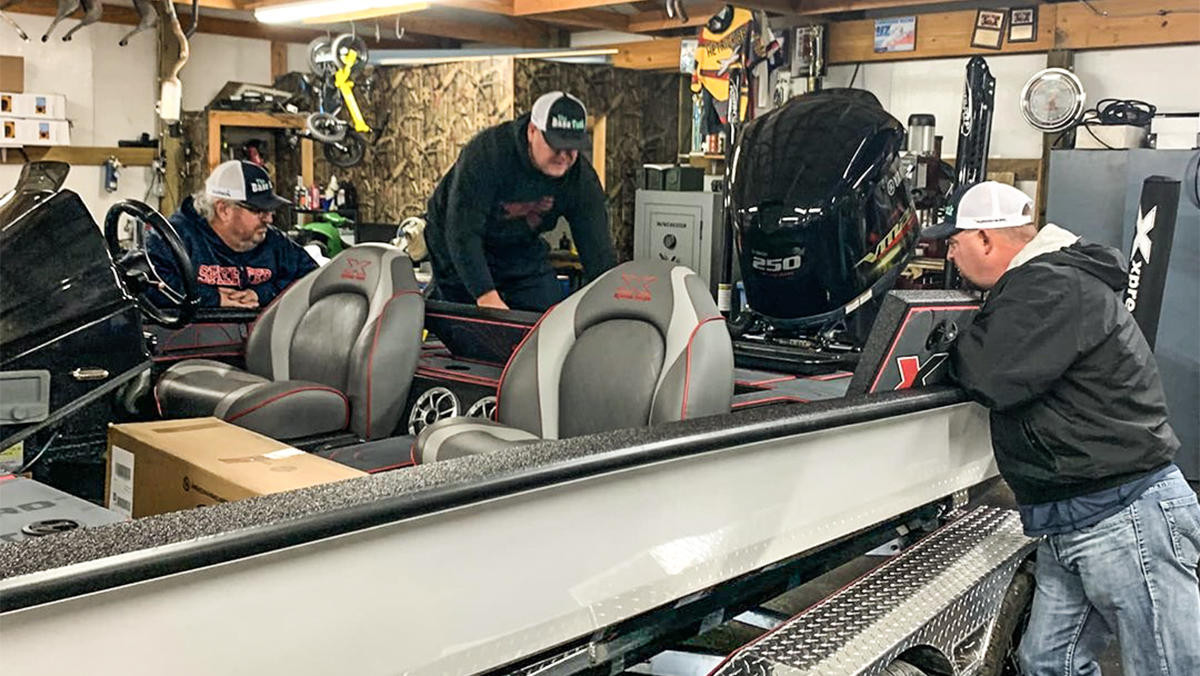
When talking about power, what batteries are best?
Palmer: A lot depends on budget to the average guy but as you know, in the marine field we have three types of batteries we see the most. The first is lead acid, which is the least expensive. The second is AGM, which stands for Absorbent Glass Mat, and the third of course is the relatively new kid on the block in this space, lithium batteries. No matter which one you choose, plan on having one dedicated to electronics.
Lead Acid: As we mentioned, they are the least expensive but they are super heavy and less efficient than the other two types of batteries. Their discharge rate is about 50 percent as a guide. Most lead acid marine batteries are sold based on Cold Cranking Amps (CCA) but if they’re used for things other than starting, that decision should be based on Amp Hours. When looking at lead acid, buyers should buy batteries with pure lead and a high reserve capacity at a minimum. You can usually tell the better lead acid batteries by their price as most are not marked well. Ask an expert for specs of the battery when buying. Maintenance free is the best option but also remember a good charger and maintainer is critical to make sure you get the most out of them. Lead acid batteries for electronics can last 3 to 4 years where starting batteries will normally have a shorter life. CCAs are important on the starting battery. Remember, each instance is different and based on how they will be used but generally speaking, lead acid batteries are least desirable if cost is not an issue.
Post corrosion can be an issue with lead acid batteries and should be periodically checked. Corrosion can make them even more inefficient and a good practice is a small dab of dielectric grease or anti-corrosion lubrication should be put on the posts before anything is added to the terminals.
If you live in colder climates where freezing is an issue, remove the fully changed batteries at the end of the year, put them in a warmer location and make sure they are put on a maintenance schedule for charging over the winter months while not in use.
AGM: AGM, or Absorbent Glass Mat batteries, are an advanced lead acid that are much more efficient and, generally speaking, have a much better discharge rate at 70 to 75%. They are normally lighter and are maintenance free. They can be laid on their sides to save space, too. These are the next-best option for battery buyers but they are more expensive. They normally have a longer life and can last 6 to 7 years if charged and maintained.
Lithium: These are the top-of-the-line for marine batteries today and there are two types being used today as well. One is a lithium ion and the other is a lithium phosphate and these are very efficient batteries with a 95 to 97% discharge rate. They are sold based on Amp Hour and generally are more expensive with Amp Hour number being higher. A 54 AH is normally less expensive than a 100 AH, for instance.
Today’s lithium batteries are not all created equal where some may be less desirable. They tend to have longer warranties but be sure to read the warranty before purchase. They produce a cleaner power source and last longer and remember, they may take a special charger too. They typically will not have corrosion issues and are maintenance free. If you keep your boats for a longer period of time the cost/benefit of lithium can be significant.
We covered a lot of ground here but this is just the tip of the proverbial iceberg. We will be drilling down with Scott Palmer even further in future articles. You can contact The Bass Tank experts by visiting their website or calling 918-509-7864 and remember, all of their team are fishermen, too. They have seen just about everything that can happen in a boat so they are a solid resource for purchase, install and questions, too.
Power, wiring considerations and proper installation can make your install and use of the equipment more pleasurable and fun. Nothing is worse than having a failure on the water and The Bass Tank wants you to know what you are buying. With guys like Scott there, rest assured they are doing their part to stay up on latest trends, equipment and services.


